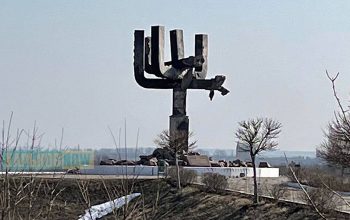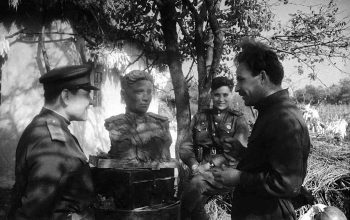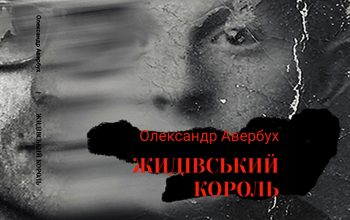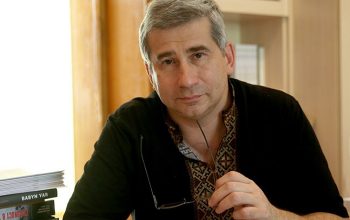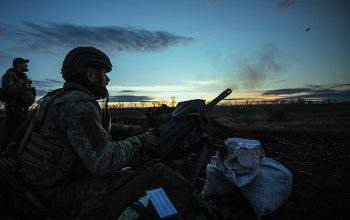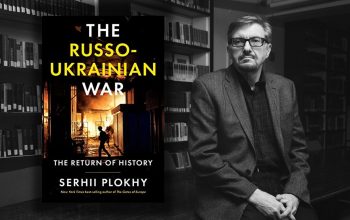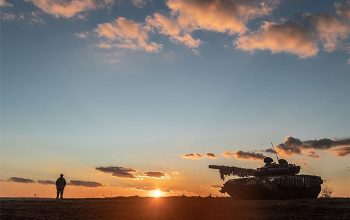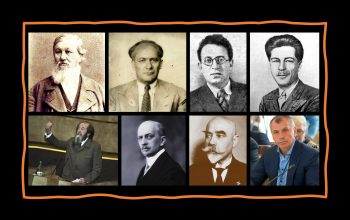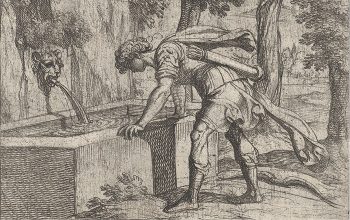Transcript of a discussion held during the roundtable "Holocaust Education during Russia's War against Ukraine"
During the Russo-Ukrainian War, educators who teach about the Holocaust have become witnesses to the Putin regime's instrumentalization of the history of the Second World War and the Holocaust, in order to justify its brutal...

